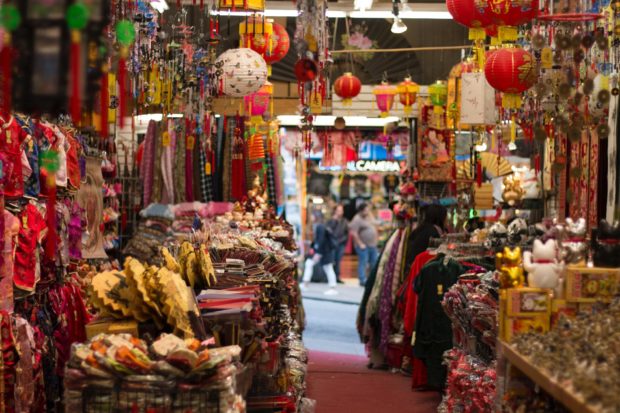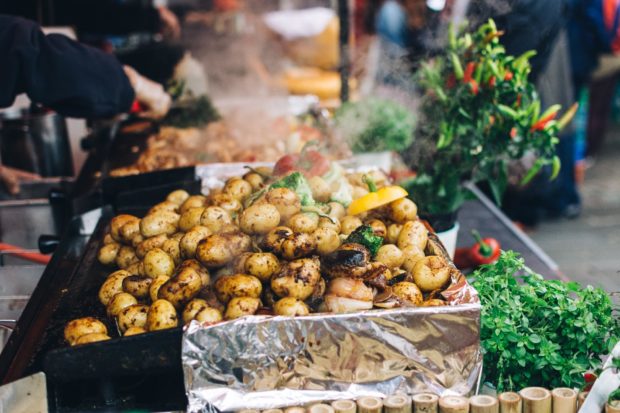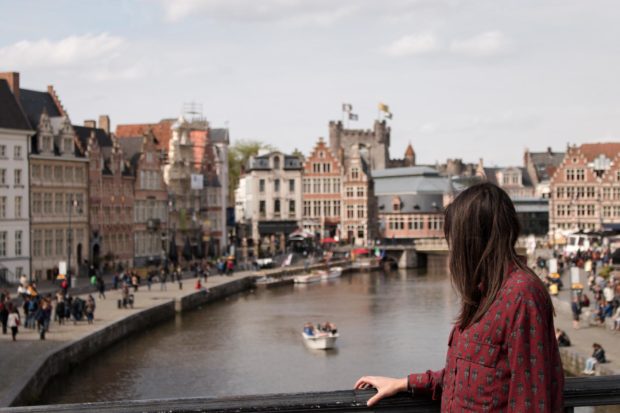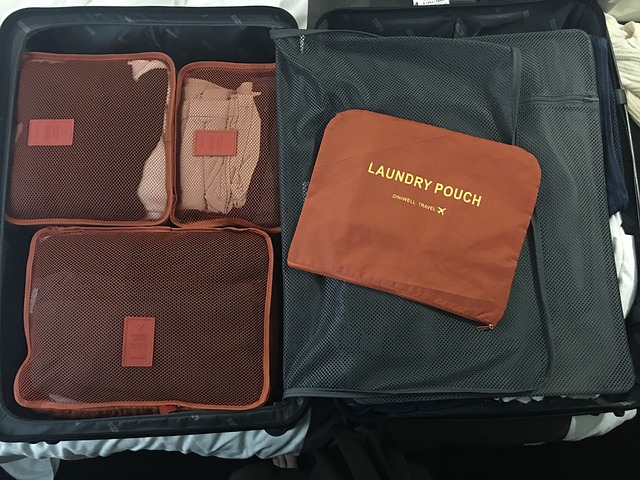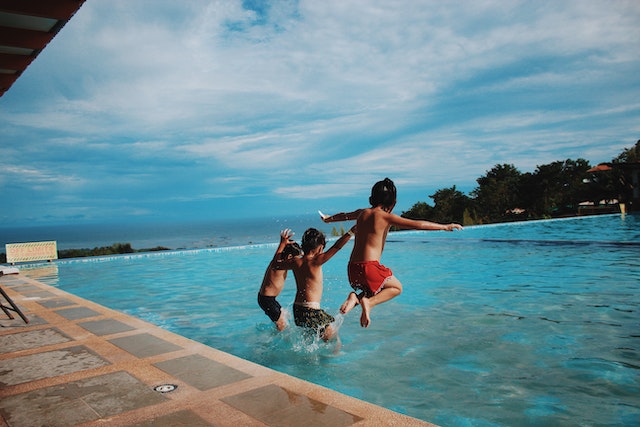If you love to travel, planning your budget before heading off on vacation is a must. You might think, “I know what I’m going to spend… I know what I need!” But actually, there are hundreds of little expenses, and no matter how much money you’ve saved up for your trip, if you’re not careful about where and what things cost in a new country, it may upset your budget and ruin your vacation.
Planning your budget for traveling can feel like a daunting task. The money you have for travel may not last long, and the last thing you need is going bankrupt on your tour. However, with a bit of know-how (and a little planning), you’ll have a successful trip ahead of you.
Let’s look at what you can and can’t do to plan your budget for traveling.
1. Create a list of activities you plan to do
When you visit any country, you would want to participate in activities and experience what the country is famous for. E.g., you may want to go to a museum, gondola ride, hiking, trekking, etc.
Whatever it is, it’s always wise to create a list of activities and find out the cost for it. If you are traveling with kids, you will want to know the age bracket for zero or minimum charge. Most people assume that there is a discount for kids, but it’s not always the case. You don’t want to surprise yourself with unexpected costs.
2. Set a budget for shopping
I know that you are probably not going to Dubai that you will need to set a budget for shopping, but only a frequent traveler knows that you will always discover something unique about a country that you will want to take a souvenir.
E.g., their traditional dresses, a musical instrument, an eatable item, etc. I highly recommend setting some amount of money you will want exclusively to spend on shopping for souvenirs.
Pro tip: Do not buy the souvenir from the first shop you see. Check prices with multiple shops to see if you can buy. Also, do not show your excitement to the shopper but rather appear uninterested. It will help you in negotiation.
3. Budget for experiencing cuisines
Yes, we all need food to survive, but when in a foreign land, food is also an experience. So duh! we will have food anyways, right? So no, while it is true, you can buy food from street vendors or hotels, but the idea is to experience and not survive.
Here is my suggestion:
- Research about the list of local foods
- If you are allergic to certain food types, you will want to check the ingredients.
- Finally, you will want to check if you can find information on a restaurant or street vendor famous for that specific food.
Also, while you are at it, try to find a tentative cost.
4. Travel Expense
The most expensive on the list is your airfare, without a doubt. However, the good news is you can always find the exact rate for traveling, and if you make bookings in advance, you will save money.
A flexible schedule can save you a lot of money on flight tickets. You can also check if there are special privileges for account holders of specific financial institutions. I mean, make hay while the sun shines.
Word of wise, before you click that book flight button, you will want to check the cancellation policy, for sure.
So, what’s now left of us is to check prices for transportation like a cab, bus, etc. While you are at it, you may want to check if you can find rental vehicles. Sometimes it makes economic sense to get one. If you decide to do so, cross-check on the documents you will need to rent one.
5. Emergency funds
A little different from the rest, but an emergency fund is one of the essential things you will want to have. We may face unfortunate circumstances such as theft that can spoil the whole trip.
You should keep the emergency funds in cash and keep them in different pockets or keep some with you and some with travel partners during your trip.
The emergency fund should not be a random amount but days x cost for food, accommodation, and a ticket to home.
6. Consider the tips for taxi drivers and servers
If you are using the same cab for multiple days, you may want to tip the person before departing from the country as a gesture of thank you. While it is not mandatory to travel however it is expected for people to tip the waiter.
7. Internet
While the internet has literally eliminated the need for carrying a sim card, you may want to double-check the overall feedback as far as the internet is concerned, especially in third-world countries. Plus, you may end up in a hotel with a poor internet connection. If you are traveling to remote areas that there is likely no internet.
I would recommend factoring in the cost of purchasing a sim card and the data cost.
A list of other things you will need to consider for your travel which is really not so fun is:
- Passport and Visa: There is no fixed cost for a visa. It depends on what country you are from and the country you are traveling to. You will have to do thorough research as there is no way around it.
- Travel Insurance: Travel Insurance may not be mandatory, but in my personal opinion, it is definitely good to have. If your travel plan is more than a week, you must get insurance for travel and any unfortunate incidents such as luggage theft, accidents, etc.
- Travel gear: Often, when planning for the budget, we often forget to factor in backpacks, boots, money belts, cameras, etc. You may already find a few of them, but I would suggest assessing once again to see if they are in acceptable condition, or perhaps you need a new one. Things I would personally recommend you to buy are neck pillows and money belts.
- Medicine: Getting sick during traveling is real. You should check the list of vaccinations recommended for the country you are traveling to. In addition, carry a first aid kit, including medicines for vomit, headache, and diarrhea.
Well, this article gives you an obvious picture of expenses you can expect. However, there may be additional expenses that are unique to your circumstances. Therefore, I would recommend sitting down with your travel partner and thinking about the possible expenses to plan your budget


